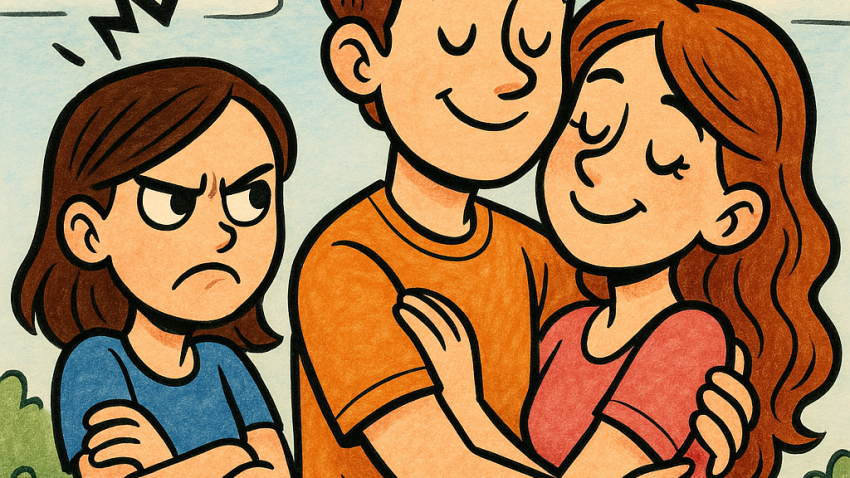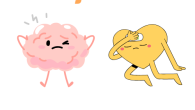
ADHD and Jealousy: Why It Feels So Intense

Jealousy is a universal human emotion — the fear of losing attention, love, or recognition to someone else. For most people, jealousy is uncomfortable but manageable. For women with ADHD, however, jealousy can feel like a tidal wave, overwhelming and difficult to regulate.
Researchers are beginning to explore how ADHD shapes the experience of jealousy. Traits like emotional intensity, rejection sensitivity, and impulsivity make jealous feelings stronger and harder to manage.
Emotional Intensity and ADHD
ADHD emotions arrive quickly and powerfully. What might be a passing twinge for someone else can feel like a full alarm in an ADHD brain.
Think of it this way: most people’s emotions are like a bus — slow to start and stop. ADHD emotions are like a sports car, accelerating from zero to sixty in seconds. This intensity makes jealousy harder to ignore or brush off.
Rejection Sensitivity and Jealousy
Rejection Sensitive Dysphoria (RSD) is common in ADHD and involves deep hurt from even small signs of rejection or criticism. If your brain is tuned to expect rejection, jealousy becomes easier to trigger.
It’s like an emotional smoke detector that goes off not only when there’s fire, but also when someone burns toast. Brain studies confirm this sensitivity — social exclusion activates the same brain regions as physical pain.
Impulsivity Adds Fuel
Because ADHD makes it harder to pause before reacting, jealous feelings are often expressed before they are fully understood. It’s like hitting “send” on a text before proofreading.
Examples include:
- Snapping at a partner for liking someone’s social media post.
- Quitting a group chat after feeling excluded.
- Starting an argument before the jealous feelings pass.
ADHD-Friendly Coping Strategies for Jealousy
Recognizing that jealousy is tied to ADHD traits is the first step. These strategies can help:
- Pause and name it: Write down what triggered the jealousy before reacting.
- Communicate honestly: For example, “This may be my ADHD reaction, but I feel left out.”
- Practice self-compassion: Remind yourself jealousy is an alarm system, not a character flaw.
- Use grounding skills: Notice jealousy as a passing storm rather than a permanent truth.
Like surfing, you can’t stop the waves — but you can learn to ride them without being pulled under.
Takeaway
Jealousy in ADHD is not evidence of being untrusting, dramatic, or “too much.” It’s a sign that your brain is more sensitive to threats of disconnection. ADHD doesn’t create jealousy, but it turns up the volume.
With compassion, communication, and strategy, jealousy can be navigated without shame.
Key Reminder: Jealousy is often less about mistrust and more about fear of loss.



